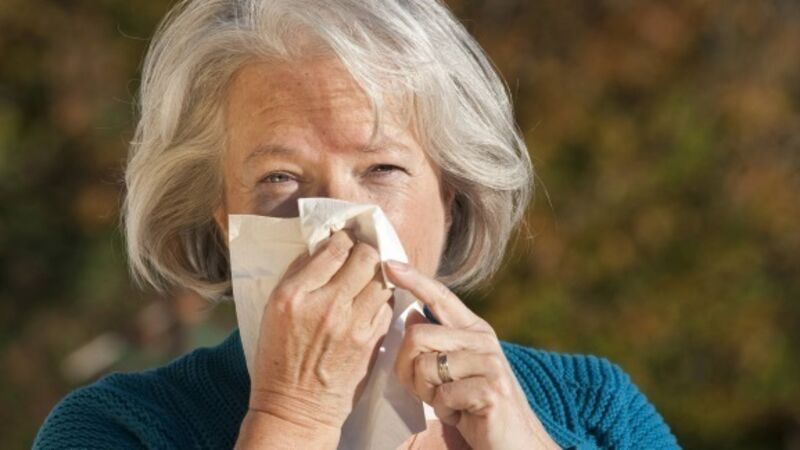Expert says Ireland experiencing a hidden allergy health crisis

One of the country’s leading allergy experts has called for a complete overhaul of the State’s response to Ireland’s hidden allergy health crisis.
Professor Jonathan Hourihane, a Professor of Paediatrics in the Royal College of Surgeons in Ireland and a consultant paediatrician in the Children’s Hospital at Temple St, said with allergy rates rising — about 24% of Irish people suffer from some form of allergy: 40,000 alone are allergic to nuts — the State's existing policy response is “wrapped up in red-tape” and must be streamlined.













